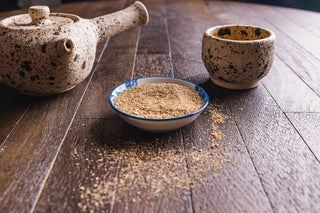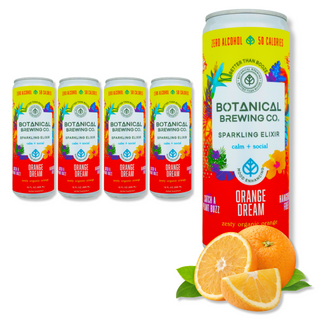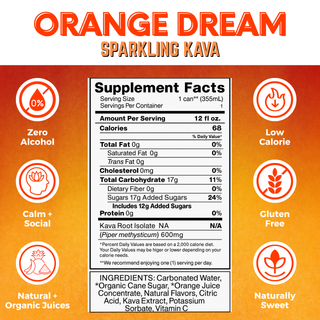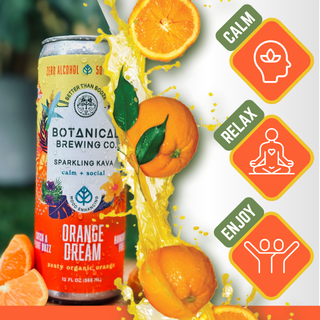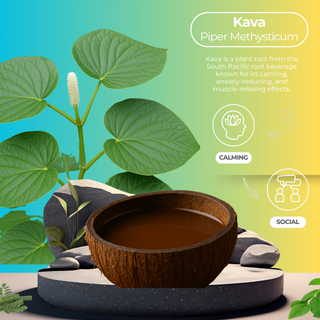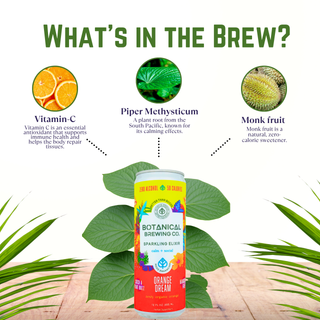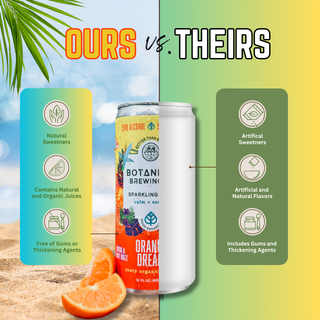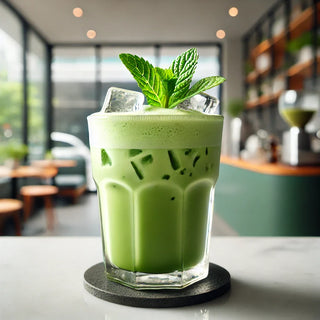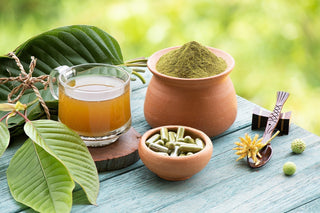Kava and kratom are two botanical substances that have been used traditionally for centuries in the Pacific Islands and Southeast Asia, respectively. Kava, derived from the roots of the Piper methysticum plant, has been consumed in ceremonial and social settings in Polynesian cultures for its relaxing and mildly euphoric effects. Kratom, on the other hand, is made from the leaves of the Mitragyna speciosa tree and has been used in Southeast Asian countries for its stimulant and pain-relieving properties.
In recent years, both kava and kratom have gained increasing popularity and interest in Western countries, with people seeking alternatives to conventional medications for various conditions or simply exploring their potential benefits. As the demand for these substances grows, it is essential to understand the kava and kratom effects to ensure responsible and informed use. This article aims to provide an overview of the reported effects of kava and kratom, based on available research and anecdotal accounts.
Kava Effects
The primary effects of kava are often described as relaxing, calming, and mildly euphoric. Many users report feeling a sense of tranquility, reduced anxiety, and increased sociability after consuming kava. These effects are believed to be due to the active compounds found in kava, known as kavalactones, which interact with the brain's GABA receptors, similar to benzodiazepines like Valium.
Potential benefits of kava include:
- Treating anxiety disorders and promoting relaxation
- Improving sleep quality and treating insomnia
- Relieving muscle tension and pain
While generally considered safe when consumed in moderation, kava has been associated with rare instances of liver toxicity, particularly with long-term or excessive use. Other potential side effects may include:
- Skin rashes or yellowing of the skin
- Dizziness or vertigo
- Headaches
- Nausea or vomiting
However, these side effects are typically minor and reversible, and the risk is significantly reduced when kava is consumed responsibly and from reputable sources. It's important to note that the kava vs kratom effects can differ significantly, with kratom having a distinct set of effects.

Kratom Effects
Kratom exhibits a unique set of effects that can vary depending on the dosage consumed. At lower doses, typically below 5 grams, kratom acts as a mild stimulant, providing increased energy, enhanced focus, and heightened mood. However, at higher doses, usually above 8 grams, kratom produces sedative-like effects, including pain relief, relaxation, and euphoria.
Potential benefits of kratom include:
- Providing effective pain relief for conditions like fibromyalgia and arthritis
- Improving mood and alleviating symptoms of depression and anxiety
- Helping manage opioid withdrawal symptoms and cravings
While generally well-tolerated, kratom can cause some side effects, particularly with prolonged or excessive use. These may include:
- Nausea and vomiting
- Constipation
- Dry mouth
- Potential for dependency and addiction
However, these side effects are relatively rare, and the risk is minimized when kratom is consumed responsibly and from trusted sources. It's essential to understand the differences between the kava and kratom effects to make an informed decision about their use.

Kava vs. Kratom: Comparing the Effects
While kava and kratom share some similarities in their effects, they also have distinct differences. Both substances can produce relaxation, sedation, and mood enhancement, but the mechanisms by which they achieve these effects differ.
Key differences between the kratom vs kava effects include:
- Kratom exhibits a dose-dependent response, with stimulant-like effects at lower doses and sedative-like effects at higher doses, while kava primarily produces calming and relaxing effects.
- Kava is known for its anxiolytic properties and potential to treat anxiety disorders, while kratom is more commonly used for pain management and opioid withdrawal.
- Kava has a higher risk of liver toxicity with long-term or excessive use, while kratom carries a higher potential for dependence and addiction.
Additionally, it's important to note that combining kava and kratom can potentially lead to increased sedation, dizziness, and impaired cognitive function. This combination may also amplify the side effects of each substance, such as nausea, constipation, and liver strain. It's generally recommended to avoid mixing kava and kratom or to exercise extreme caution if doing so, as the risks and potential interactions are not fully understood.
Safety Considerations
While kava and kratom offer potential benefits, it's crucial to approach their use with caution and responsibility. Both substances can pose risks, particularly with long-term or excessive use, and it's essential to be aware of the potential kava kratom side effects.
For kava, it's recommended to start with low doses, typically no more than 250-300 milligrams of kavalactones per day, and to avoid prolonged daily use. Kava should also be sourced from reputable suppliers and consumed in moderation to minimize the risk of liver toxicity.
For kratom, it's advisable to begin with low doses, typically 2-4 grams, and to avoid frequent or daily use to reduce the risk of dependence and addiction. It's also important to source kratom from trusted vendors and to be mindful of potential interactions with medications or other substances.
Furthermore, it's strongly recommended to consult with a healthcare professional before using kava or kratom, especially for individuals with pre-existing medical conditions or those taking prescription medications. Medical supervision can help ensure safe and appropriate use, as well as monitor for any potential adverse effects.
By adhering to safe dosages, responsible use, and seeking guidance from qualified professionals, individuals can better understand and manage the potential risks associated with kava and kratom while maximizing their potential benefits.

Conclusion
In this article, we explored the diverse kratom and kava effects, highlighting their potential benefits as well as potential risks and side effects. Kava is known for its relaxing, calming, and anxiolytic properties, while kratom exhibits a unique dose-dependent response, with stimulant-like effects at lower doses and sedative-like effects at higher doses.
While both substances show promise in various applications, such as treating anxiety, managing pain, and aiding in opioid withdrawal, it's crucial to approach their use with caution and responsibility. Proper dosing, sourcing from reputable vendors, and avoiding long-term or excessive use are essential to minimize the risks associated with kava kratom side effects, including liver toxicity, dependence, and addiction.
Ultimately, before considering the use of kava or kratom, it's strongly recommended to consult with a healthcare professional, particularly for individuals with pre-existing medical conditions or those taking prescription medications. Medical supervision can help ensure safe and appropriate use, as well as monitor for any potential adverse effects.
By staying informed, exercising caution, and seeking guidance from qualified professionals, individuals can better understand and manage the potential risks and benefits associated with these botanical substances, allowing for a more responsible and informed approach to their use.


